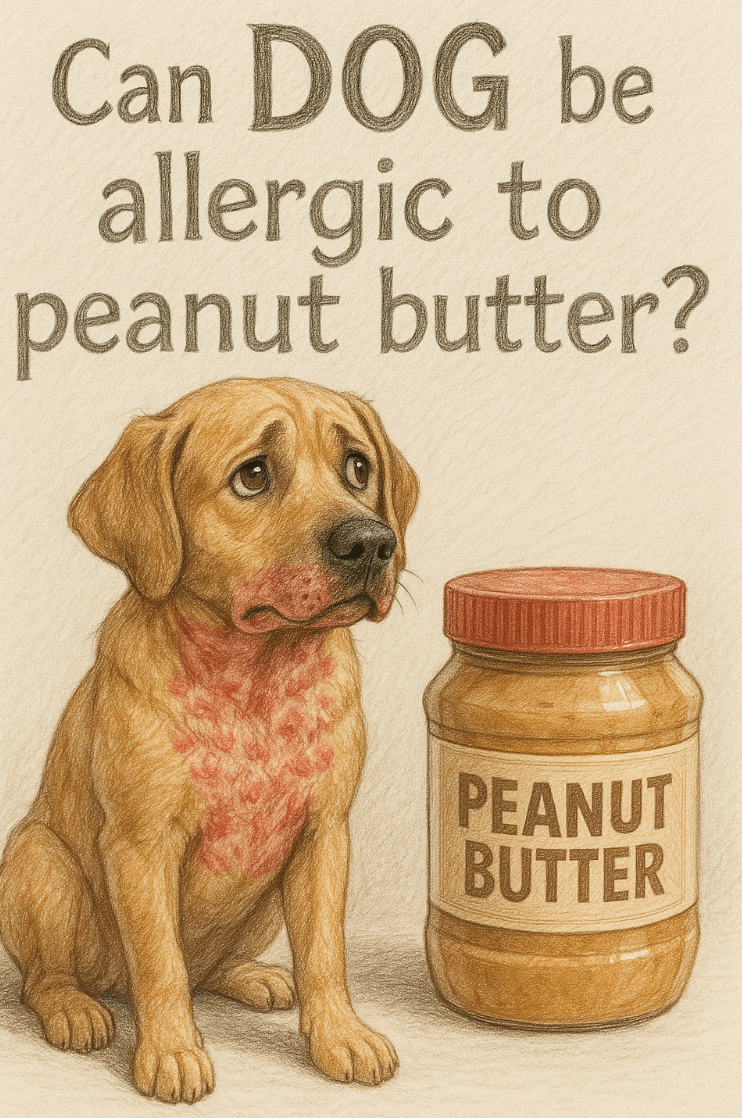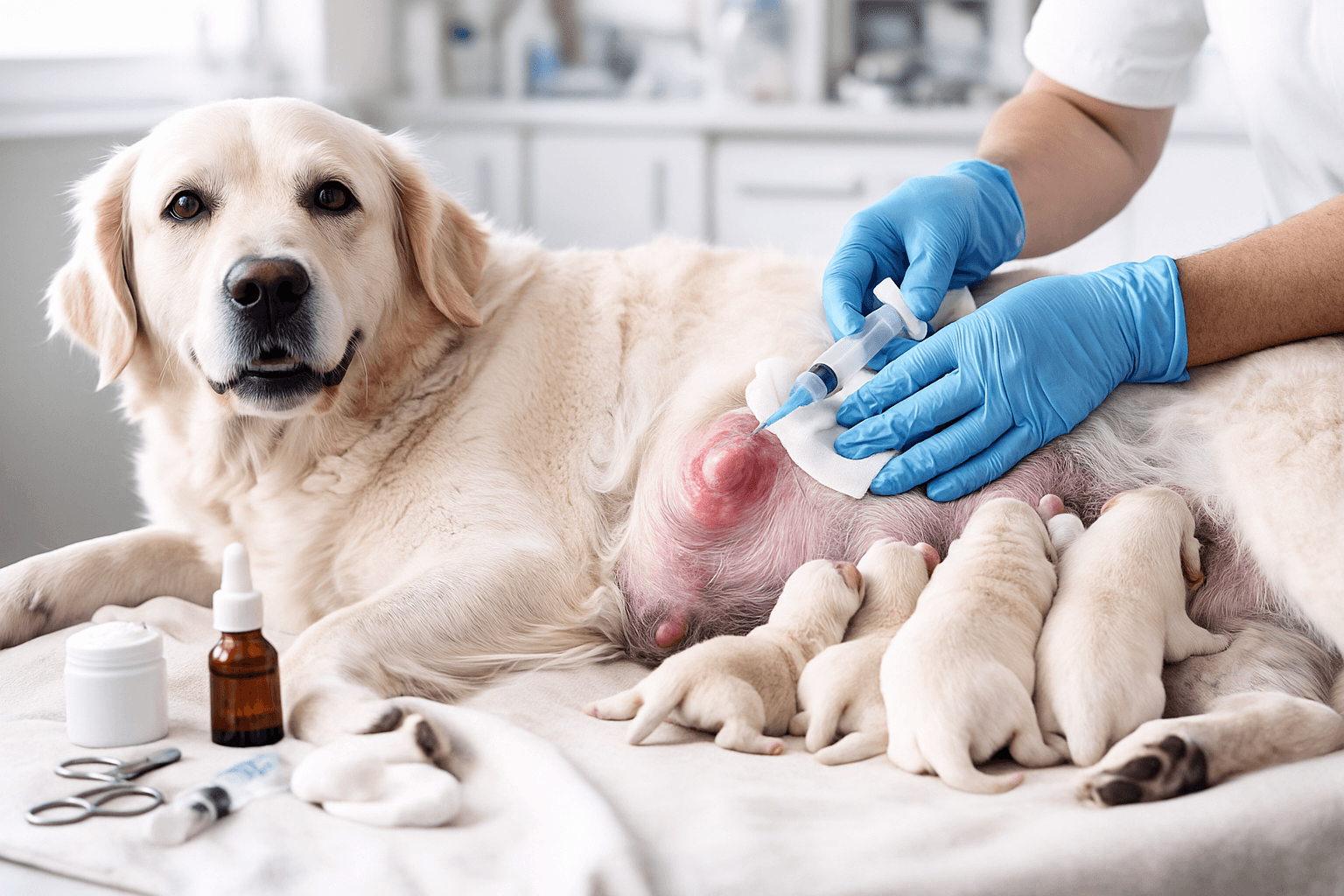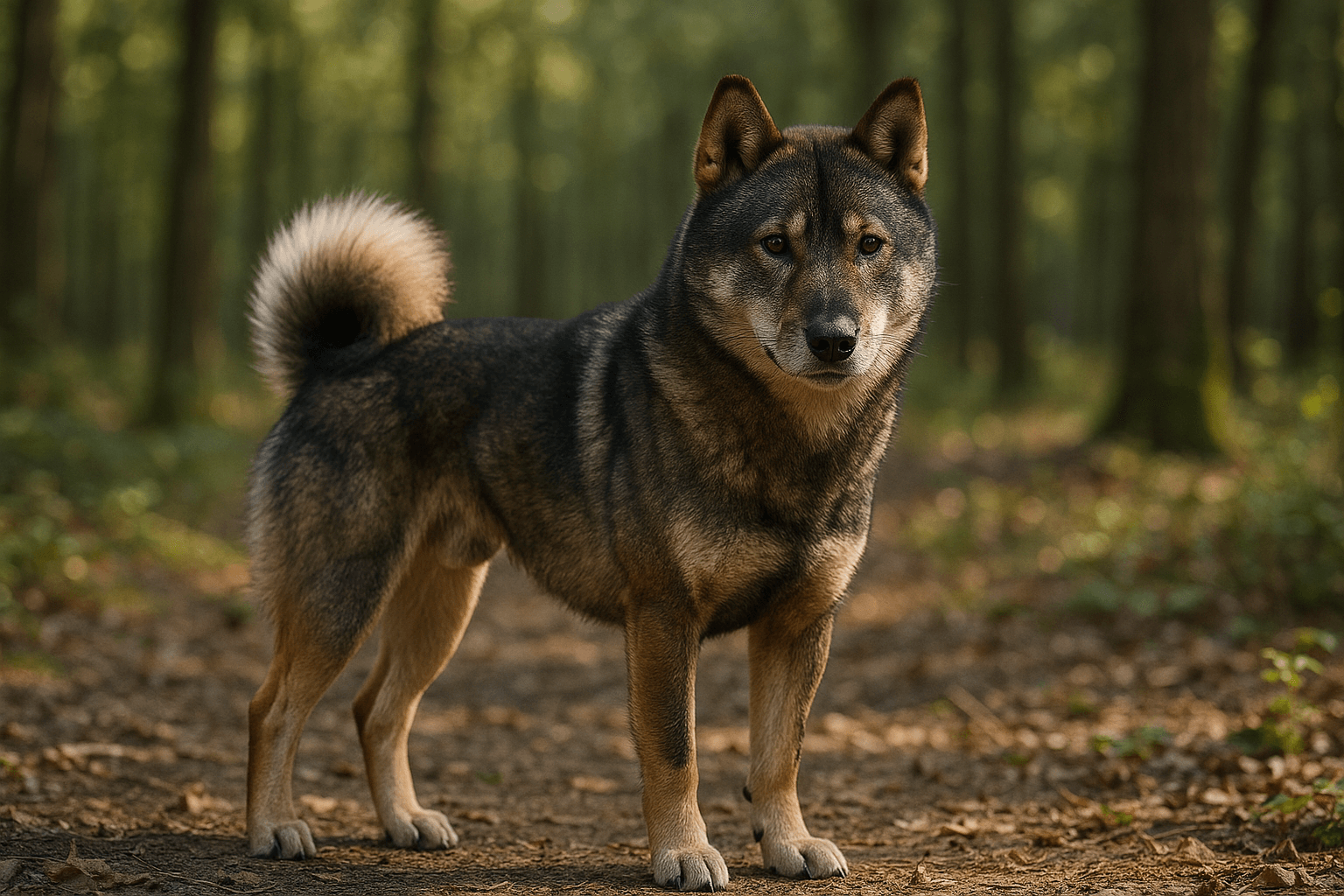Can Dogs Be Allergic to Peanut Butter?
Peanut butter is a beloved treat for many dogs, often used as a reward during training or a tasty filling for interactive toys. However, just like humans, dogs can develop allergies to certain foods, including peanut butter. While most dogs tolerate peanut butter well, it’s essential to understand the potential risks and signs of an allergic reaction. This blog post explores whether dogs can be allergic to peanut butter, what ingredients to watch out for, and how to ensure your furry friend stays safe while enjoying this popular snack. Whether you’re a seasoned dog owner or new to pet care, this guide will help you make informed decisions about feeding peanut butter to your canine companion.
Signs Your Dog May Be Allergic to Peanut Butter
If your dog has an allergy to peanut butter, their body may react adversely after consumption. Recognizing these symptoms early can help you address the issue promptly and prevent further complications.
Itchy Skin or Hives:
Allergic reactions often manifest as excessive scratching, redness, or raised bumps on the skin.Gastrointestinal Upset:
Vomiting or diarrhea shortly after eating peanut butter could indicate an intolerance or allergy.Swelling of the Face or Paws:
Swollen lips, eyes, or paws are common signs of an allergic response in dogs.Chronic Ear Infections:
Recurring ear infections may be linked to food sensitivities, including peanut butter.Difficulty Breathing:
In severe cases, an allergic reaction can cause respiratory distress, requiring immediate veterinary attention.
If you notice any of these signs after feeding your dog peanut butter, consult your veterinarian to determine if an allergy is the cause.
Ingredients in Peanut Butter That May Trigger Allergies
Not all peanut butter is created equal, and certain ingredients can increase the risk of allergic reactions or other health issues in dogs. Understanding what to look for ensures you choose a safe option for your pet.
Added Sugars:
High sugar content can upset your dog’s stomach and contribute to obesity, even if they aren’t allergic.Artificial Sweeteners (Xylitol):
Xylitol is highly toxic to dogs and can cause life-threatening conditions like hypoglycemia or liver failure.Tree Nut Contaminants:
Cross-contamination with tree nuts during manufacturing may trigger allergies in sensitive dogs.Preservatives and Additives:
Chemical preservatives or artificial flavors can irritate your dog’s digestive system.Salt Content:
Excessive salt can lead to dehydration or sodium ion poisoning in large quantities.
Always check the label and opt for natural, unsweetened peanut butter to minimize risks.
Check this guide 👉Can Dogs Eat Peanuts? Best 7 Expert Tips!
Check this guide 👉Can Dogs Eat Peanut Oil? Best 7 Expert Tips!
Check this guide 👉Peanut Butter Dog Ice Cream Recipe: Best 7 Health Tips!

Safe Peanut Butter Options for Dogs | Unsafe Ingredients to Avoid |
|---|---|
Natural, unsweetened peanut butter | Xylitol (highly toxic to dogs) |
Low-sodium varieties | Artificial sweeteners and flavors |
Organic peanut butter without additives | Added sugars or high-fructose corn syrup |
Homemade peanut butter (minimal ingredients) | Tree nut contaminants |
Brands specifically marketed for pets | Excessive salt or preservatives |
How to Safely Introduce Peanut Butter to Your Dog
Before making peanut butter a regular treat, it’s important to introduce it gradually and monitor your dog’s reaction. Follow these steps to ensure a safe experience.
Start with a Small Amount:
Offer a tiny dollop of peanut butter and observe your dog for any adverse reactions over the next 24 hours.Choose Plain, Natural Varieties:
Select peanut butter free from added sugars, salts, or artificial ingredients.Check for Xylitol:
Always read the label carefully to ensure the product does not contain xylitol, which is extremely dangerous for dogs.Use It Sparingly:
Peanut butter is calorie-dense, so use it as an occasional treat rather than a daily snack.Consult Your Veterinarian:
If your dog has a history of food allergies, seek professional advice before introducing new foods.
By taking these precautions, you can safely incorporate peanut butter into your dog’s diet.
Alternatives to Peanut Butter for Dogs
If your dog cannot tolerate peanut butter or you want to explore other options, there are plenty of safe and healthy alternatives to consider.
Pumpkin Puree:
Rich in fiber and vitamins, plain pumpkin puree is a great digestive aid and a tasty treat for dogs.Plain Yogurt:
Unsweetened yogurt provides probiotics that support gut health, but ensure your dog isn’t lactose intolerant.Banana Slices:
Bananas are naturally sweet and packed with potassium, making them a nutritious snack in moderation.Apple Pieces (No Seeds):
Apples are low-calorie and rich in vitamins; just remove the seeds and core before serving.Homemade Treats:
DIY dog treats made from oats, peanut-free spreads, or mashed veggies are a fun and safe option.
These alternatives allow you to spoil your pup without worrying about peanut-related allergies.
Common Mistakes When Feeding Peanut Butter to Dogs
Feeding peanut butter to your dog seems simple, but mistakes can happen if you’re not careful. Avoid these common pitfalls to keep your pup safe.
Ignoring Ingredient Labels:
Failing to check for harmful additives like xylitol or excessive sugar can put your dog at risk.Overfeeding Peanut Butter:
Too much peanut butter can lead to weight gain or upset stomachs due to its high fat and calorie content.Using Peanut Butter as a Regular Meal Replacement:
Peanut butter lacks essential nutrients needed for a balanced diet and should never replace proper meals.Assuming All Dogs Love Peanut Butter:
Some dogs simply don’t enjoy the taste or texture, so forcing it on them isn’t necessary.Neglecting Portion Control:
Large servings can overwhelm smaller dogs or those with sensitive stomachs.
Avoiding these errors ensures a positive and safe experience when offering peanut butter to your dog.
Health Benefits of Peanut Butter for Dogs (When Given Safely)
When fed responsibly, peanut butter offers several benefits that can enhance your dog’s overall well-being.
Source of Healthy Fats:
Peanut butter contains monounsaturated fats that support skin and coat health.Energy Boost:
The protein and fat content provide a quick energy source, especially for active dogs.Encourages Hydration:
Spreading peanut butter inside a toy can encourage licking, which helps hydrate your dog.Mental Stimulation:
Stuffing peanut butter into puzzle toys keeps your dog mentally engaged and entertained.Promotes Training Success:
Its strong aroma and taste make peanut butter an excellent motivator during obedience training.
These benefits highlight why peanut butter remains a favorite among dog owners when used appropriately.
Managing Food Allergies in Dogs Beyond Peanut Butter
Food allergies in dogs extend beyond peanut butter and require careful management to maintain their quality of life. Here are some tips for handling broader dietary restrictions.
Identify Trigger Foods Through Elimination Diets:
Work with your vet to systematically eliminate potential allergens and identify the culprit.Keep a Food Diary:
Document everything your dog eats to track patterns and pinpoint problematic ingredients.Switch to Hypoallergenic Dog Food:
Prescription diets formulated for sensitive dogs can reduce allergic reactions significantly.Limit Table Scraps:
Human foods often contain allergens or irritants that can exacerbate existing sensitivities.Regular Vet Check-Ups:
Routine visits help monitor your dog’s health and adjust their diet as needed.
By addressing food allergies comprehensively, you can ensure your dog leads a happy, comfortable life.
Frequently Asked Questions About Dogs and Peanut Butter
Can all dogs eat peanut butter?
No, some dogs may have allergies or sensitivities to peanut butter or its ingredients. Always test small amounts first.
What should I do if my dog eats peanut butter with xylitol?
Contact your veterinarian or an emergency animal clinic immediately, as xylitol is highly toxic to dogs.
How much peanut butter is safe for my dog?
Limit peanut butter to a teaspoon or less per day, depending on your dog’s size and dietary needs.
Are there breed-specific risks with peanut butter?
Certain breeds prone to obesity or pancreatitis should avoid high-fat treats like peanut butter altogether.
Can puppies eat peanut butter?
Yes, but only in very small amounts and under supervision to prevent choking or digestive upset.
Enjoying Peanut Butter Safely with Your Dog
While peanut butter can be a delightful treat for most dogs, it’s crucial to proceed with caution and prioritize your pet’s health. By choosing natural, safe varieties and monitoring for allergies, you can enjoy sharing this snack without worry. Remember, every dog is unique, so what works for one may not suit another. Always consult your veterinarian if you’re unsure about introducing new foods. With proper care and attention, you can ensure your dog enjoys peanut butter—or its alternatives—safely and happily.
Spleen Cancer in Cats: Best 7 Expert Tips! – Expert insights on symptoms, care, treatment & quality of life for feline spleen cancer.
Dog Mastitis Treatment: Best 7 Expert Tips! – Safe, vet-approved care for nursing moms & prevention strategies.
The Shikoku Ken Dog: Best 7 Expert Tips! – Discover expert care, training & health advice for this rare, loyal Japanese mountain breed.
The Cairn Terrier Dog Breed: Best 7 Expert Tips! – Discover care, training & health advice for this spirited, loyal Scottish terrier.





